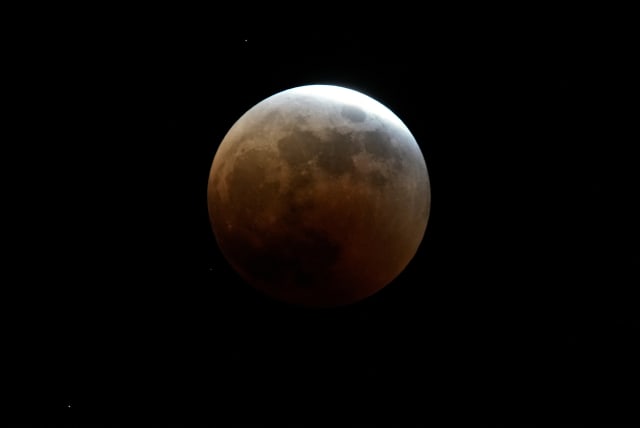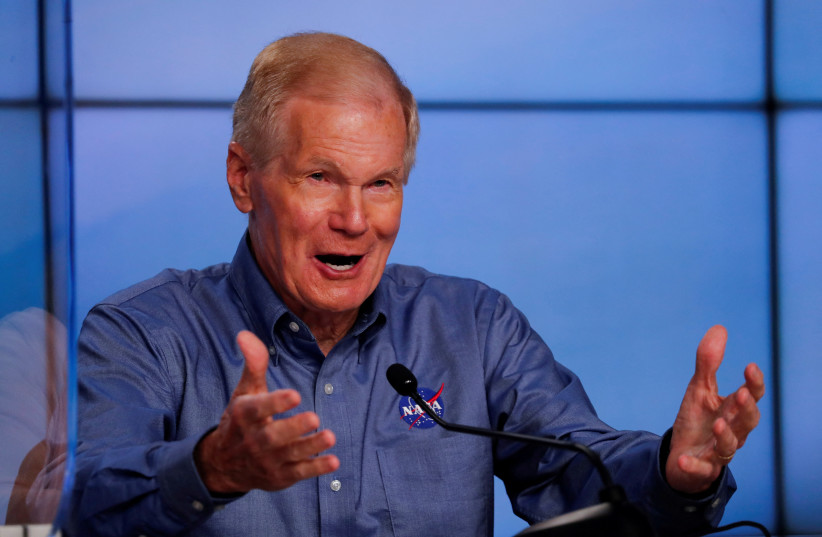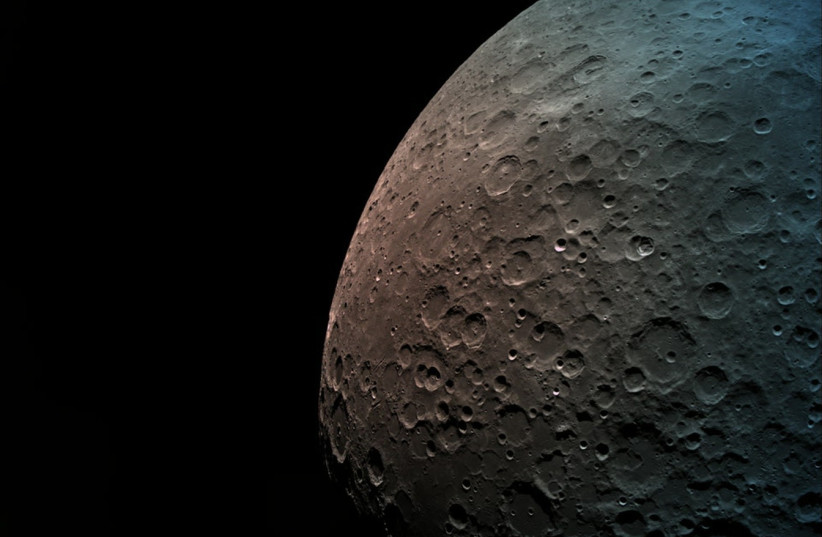China could try to keep the US off the Moon - NASA administrator

NASA Administrator Bill Nelson warned that China's Moon ambitious could see them dominate resource-rich areas, or completely claim it, barring the US from the lunar surface.
China could try to dominate resource-rich areas of the Moon, or even completely claim it and keep the US out, NASA Administrator Bill Nelson told Politico Sunday, warning that Washington and Beijing are engaged in a new space race to the Moon.
"It is a fact: We're in a space race. And it is true that we better watch out that they don't get to a place on the Moon under the guise of scientific research. And it is not beyond the realm of possibility that they say, 'Keep out, we're here, this is our territory,'" Nelson, a former astronaut himself, told Politico.
He added, "If you doubt that, look at what they did with the Spratly Islands," referring to an ongoing territorial dispute on the archipelago of the same name in the South China Sea.
Chinese media have come out against Nelson's remarks, citing claims from experts and officials that China has solely humanitarian aims for the Moon.
"Some US officials have spoken irresponsibly to misrepresent the normal and legitimate space endeavors of China. China firmly rejects such remarks," Chinese Embassy in the US spokesperson Liu Pengyu said in a statement, according to Politico. "Outer space is not a wrestling ground."
Speaking to the Chinese state-controlled media outlet the Global Times on Tuesday, space analyst Song Zhongping criticized Nelson's statements as being pathetic.
"Being a former astronaut himself, it is pathetic that he would play the trick of a thief crying 'stop thief,'" the analyst told the Global Times. He further referenced the fact the Moon inherently is not the territory of any nation on Earth, as stipulated by the United Nations Outer Space Treaty signed by both the US and China.
However, he did clarify that the Spratley Islands, which he referred to by their Chinese designation of the Nansha Islands, are still "indisputably part of China's territory."
China's advancing space program has the US worried
This isn't the first time Nelson has voiced fears that China might essentially "take over" the Moon.
Back in July, Nelson told the German newspaper Bild, "We must be very concerned that China is landing on the moon and saying: 'It's ours now and you stay out.'"
He added that China's space program is a military program and that it uses ideas and technology stolen from others.
The NASA administrator is far from the only one in the US worried about China's advancing space program and push toward the Moon.
For example, in late November, Nina Armagno, director of staff of the US space force, said that Chinese military advancements pose increasing risks to the US in space.
"[China] is the only country with both the intent to reshape the international order and increasingly, the economic, diplomatic, military and technological power to achieve that objective," Armagno said at the time.
Beijing's plans include asteroid mining and asteroid deflection, satellites, missions to the Moon and Mars and the creation of the Tiangong space station, among others.
It is feared that some of these could have military applications or will see them dominate economic resources.
However, China has consistently dismissed US claims about their plans to "take over" parts of space like the Moon.
Speaking to the Global Times, analysts said that Nelson's statements is a reflection of the US desire to consolidate space hegemony and colonize the Moon.
The example they cited was the Artemis program, which is an initiative spearheaded by NASA and includes several other partners like Canada, Brazil, Israel, Japan and Europe in the goal of returning to the Moon.
The Artemis I mission launched in late 2022 and returned after a trip around the Moon and is meant to lead into further missions towards establishing a renewed presence on the Moon, which has been left alone since the last Moon landing in the 1970s.
The Artemis II mission is set to be a crewed lunar flyby, with astronauts flying around the Moon and returning to Earth. At the time of writing, this mission is currently slated to take off sometime in 2024.
Artemis III, which will actually see astronauts land on the Moon once again, is slated for sometime in 2025.
Reuters and Aaron Reich contributed to this report.
Jerusalem Post Store
`; document.getElementById("linkPremium").innerHTML = cont; var divWithLink = document.getElementById("premium-link"); if (divWithLink !== null && divWithLink !== 'undefined') { divWithLink.style.border = "solid 1px #cb0f3e"; divWithLink.style.textAlign = "center"; divWithLink.style.marginBottom = "15px"; divWithLink.style.marginTop = "15px"; divWithLink.style.width = "100%"; divWithLink.style.backgroundColor = "#122952"; divWithLink.style.color = "#ffffff"; divWithLink.style.lineHeight = "1.5"; } } (function (v, i) { });


